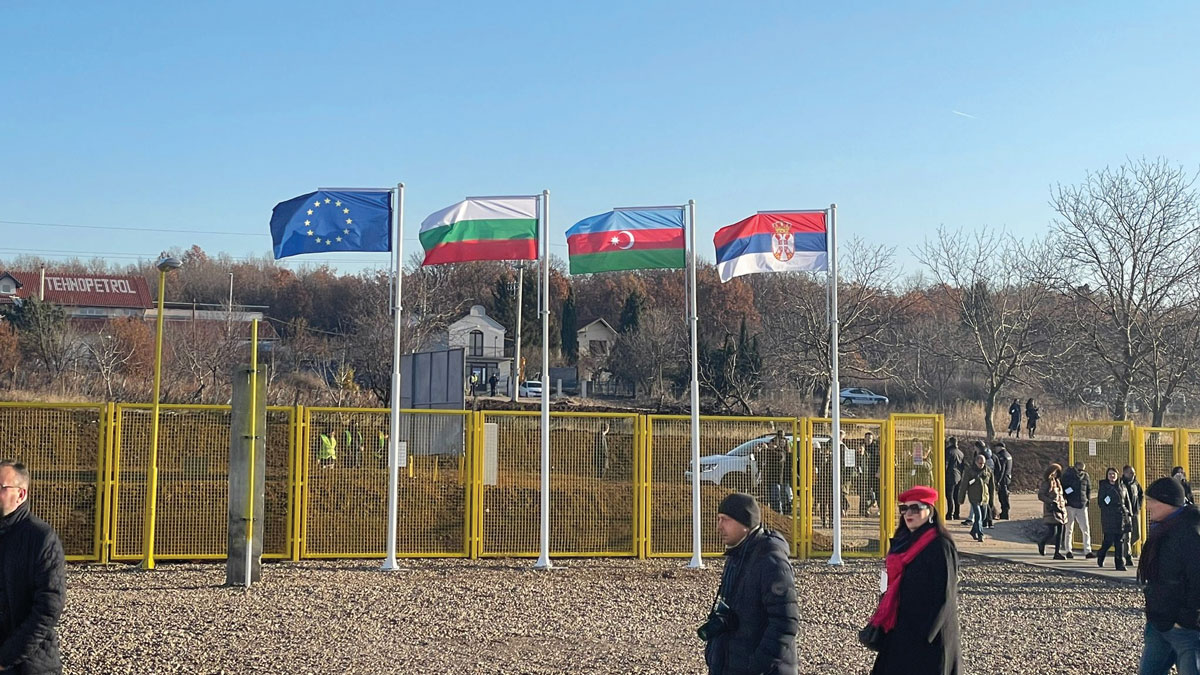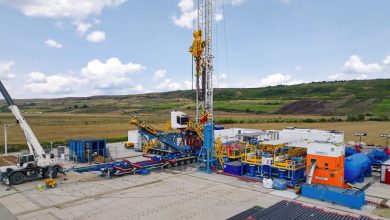Serbia-Bulgaria Gas Interconnector to Reduce Dependence on Russia
Serbia on December 10, 2023, completed a gas interconnector with Bulgaria, which will diversify gas supplies and reduce Bulgaria’s dependence on Russia.
With a capacity of 1.8 billion cubic metres of gas per year and a length of 170 kilometres, the gas pipeline, which links Novi Iskar near Sofia to the Serbian city of Nis, gives Belgrade access to natural gas from Azerbaijan as well as to the LNG terminal in the Greek port of Alexandroupolis. The pipeline can also supply about 60% of Serbia’s annual gas needs.
The European Commission has donated EUR 49.6 million for the construction of this interconnector. A further EUR 25 million was secured in the form of a loan from the European Investment Bank, while Serbia contributed EUR 22.5 million.
“With this interconnector we are securing alternative sources of gas supply in addition to Russian gas,” said Serbian Energy Minister Dubravka Djedovic Handanovic.
The inauguration ceremony in Nis was attended by the President of Serbia, Aleksandar Vucic, and his counterparts from Azerbaijan – Ilham Aliyev, and from Bulgaria – Rumen Radev.
“Today we are changing the energy map of Europe. This interconnector is important for the whole region. The war in Ukraine has made us think about good neighbourly relations and support,” added Rumen Radev.
As of October 13, 2023, Bulgaria was imposing a BGN20 (EUR 10) excise tax per megawatt-hour of transiting Russian gas, which would increase its price by 20%.
On November 15, 2023, Serbia signed an agreement with Azerbaijan to purchase 400 million cubic metres of natural gas per year, starting in 2024.
Serbia, Hungary, North Macedonia, and Austria receive all quantities of Russian gas through the Bulgarian stretch of TurkStream.



